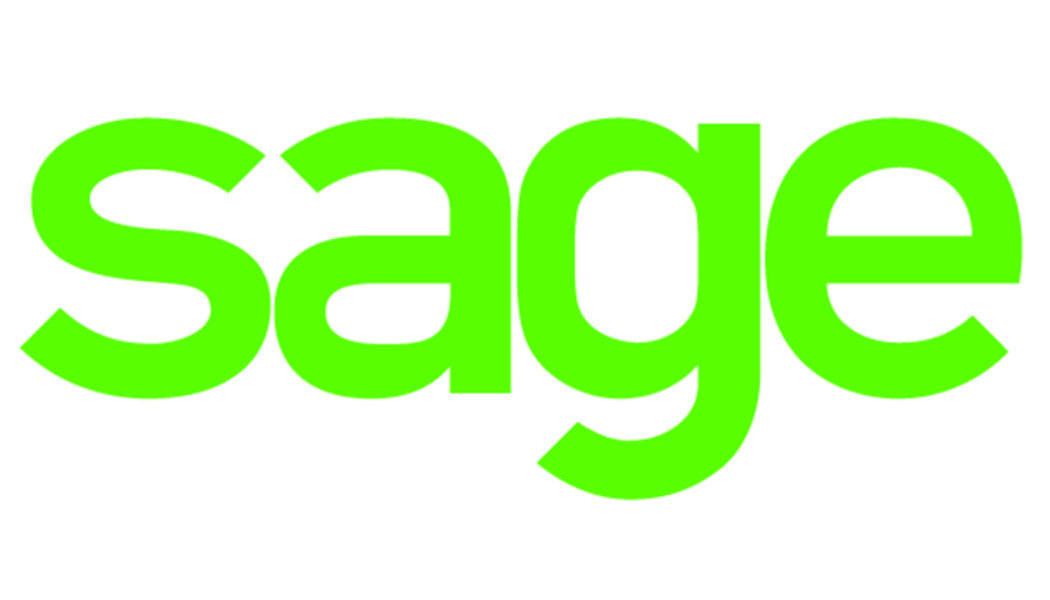SMEs South Africa
How a Data Breach Could Sink an SME
Sourced from CSO. When it comes to reporting on cybercrime, we tend to only come across stories impacting major companies or industries. Apart from the obvious reputational damage, we don’t really grasp the consequences of something like a data breach on a company and its customers. There are no headline articles about the troubles that emerge in the wake of a data breach, some of which literally grind small and medium enterprises (SMEs) into the ground. The media focuses on corporate giants as the only victims of cybercrime and lulls us into a false reality where data breaches seem to happen mostly to corporate behemoths but not the small or medium size business owners. Cybercriminals, who are often well-organised and well-resourced, launch constant attacks on data targets, probing for th...
How Tech Businesses Can Empower South African Entrepreneurs
We use cookies on our website to give you the most relevant experience by remembering your preferences and repeat visits. By clicking “Accept All”, you consent to the use of ALL the cookies. However, you may visit “Cookie Settings” to provide a controlled consent.
Is it Time for South African SME’s to Flick the Switch to Solar?
We use cookies on our website to give you the most relevant experience by remembering your preferences and repeat visits. By clicking “Accept All”, you consent to the use of ALL the cookies. However, you may visit “Cookie Settings” to provide a controlled consent.
Sage Provides Award-Winning Cloud Solutions to Help All Businesses Perform at Their Best
/* custom css */ .tdi_4_620.td-a-rec-img{ text-align: left; }.tdi_4_620.td-a-rec-img img{ margin: 0 auto 0 0; } Sage is the global market leader for technology that helps small and medium businesses perform at their best. The company is trusted by millions of customers worldwide to deliver the best cloud technology and support, with our partners, to manage finances, operations, and people. “We believe in doing everything we can to help people be the best they can be, so the combined efforts of 12,000 Sage colleagues working with businesses and communities make a real difference to the world,” the company says. /* custom css */ .tdi_3_ea6.td-a-rec-img{ text-align: left; }.tdi_3_ea6.td-a-rec-img img{ margin: 0 auto 0 0; } “Sage. Perform at your Best.” Having similar humble origins to the myr...
Why SMEs in South Africa Benefit from Alternative FinTech
Image sourced from Cape Business News. /* custom css */ .tdi_4_c3c.td-a-rec-img{ text-align: left; }.tdi_4_c3c.td-a-rec-img img{ margin: 0 auto 0 0; } Data and automation are rapidly changing the lending game in South Africa. The country is seeing the emergence of an agile new class of fintech that uses proprietary data and algorithms to vet loan applications within minutes so that retailers can access working capital they need to grow and thrive. This is according to Steven Heilbron, CEO of the Connect Group. “Alternative, technology-powered financing solutions are disrupting South Africa’s commercial lending market, especially the retail space and in the process, it is helping thousands of SMEs to navigate the threats and opportunities of a volatile economic landscape during the pandemic...
To Emerge from COVID-19 Businesses Will have to “Re-Think” Traditional Models
Sourced from Tech Loot Traditional models of business funding need a re-think if South Africa’s small businesses and entrepreneurs are to emerge from the financially crippling “winter of coronavirus” into a spring of growth and rejuvenation. Accepting that downturns, recessions and economic crises are inevitable, one needs to shift the focus into building “Zebra” companies – sustainable businesses with steady growth, strong balance sheets and cash flows, and able to withstand downturns – rather than “Unicorns that will die without the next round of funding”, says University of Stellenbosch Business School (USB) Senior Extraordinary Lecturer, Daniel Strauss. “In the past, we had a mindset of ‘or’ – we either had a traditional SMME that was funded through debt or we had a start-up that was f...

















